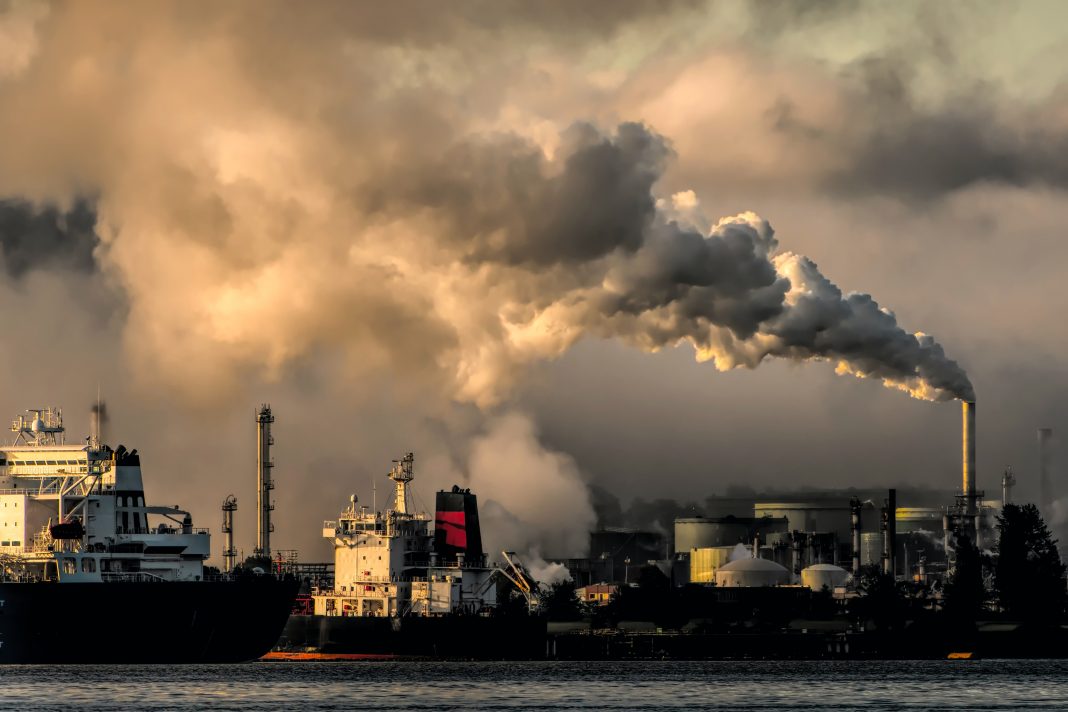Written by: Jaymee Salisi, News Writer
SFU350 is a student organization campaigning against climate change and working to realign SFU’s investments to reflect sustainability and integrity.
SFU350 and Climate Justice UBC (CJUBC) are partnering to launch the Community Reinvestment Campaign. They hope to push both universities to reinvest their funds into local climate solutions, centre the needs of marginalized communities, and give economic ownership back to local communities.
In an interview with The Peak, students from both groups elaborated on the campaign. Community Reinvestment Campaign leaders Rachel Cheang and Sarah Salloum said, “As students of UBC and SFU, we share the same goal — for our universities to divest from fossil fuel and extractive industries and reinvest in solutions to build the world we want to live in.”
They added that a joint effort gives student groups a bigger opportunity to push for community reinvestments and show there is a high demand for change. “A collaboration between our universities’ climate justice advocacy groups provides a true model for partnership between our universities, rather than competition,” Cheang and Salloum said.
“Climate justice is both a term and movement that seeks to acknowledge and identify how climate change affects those made [disproportionately] marginalized,” SFU350 co-president Abigail Herd said.
“This campaign calls upon the university to divest its endowment fund from all companies that extract, process, and transport fossil fuels,” she said. SFU’s December 2020 endowment report showed investments into Enbridge, among other fossil fuel companies.
As the group pushes SFU to be more transparent about their fossil fuel industry investments, they have been successful in convincing the SFU Board of Governors to increase their carbon footprint reduction target to 45% by 2025.
Aiming to benefit historically marginalized local communities, community reinvestment involves SFU350 and CJUBC pushing their respective universities to allocate 5% of their endowment funds into community development institutions.
The institutions would include “credit unions, co-operatives, community bonds, and loan funds,” Cheang and Salloum said.
Community reinvestment would be a form of non-extractive financing, meaning it would benefit communities.
SFU has been “continuously increasing the carbon footprint reduction target of the endowment. This is by no means divestment and is in fact a false solution, as the methodology of carbon footprinting does not consider the full emissions of a product/company,” Herd and anti-Trans Mountain pipeline expansion (TMX) campaign organizer WeiChun Kua said.
In addition, SFU350’s goals include raising awareness about the risks of the TMX pipeline expansion and the Coastal GasLink pipeline, and to push SFU to “declare a climate emergency.”
The group is asking to have SFU include SFU350’s and CJUBC’s demands in their climate emergency declaration letter.
SFU350 has been active in climate justice advocacy at the university since 2013. Kua and Herd said the student group organized the SFU community’s attendance in multiple climate strikes, including the 2019 Climate Strike in Vancouver.
In support of Indigenous rights and the sovereignty of the Wet’suwet’en First Nation, the group also arranged two student walkout marches in January 2020. Under the #StudentsAgainstTMX campaign, they organized rallies and informational sessions to take a stance against the TMX pipeline expansion.
SFU350 is currently looking for students to join their climate emergency declaration campaign. Those who are interested can contact [email protected] to get involved.




